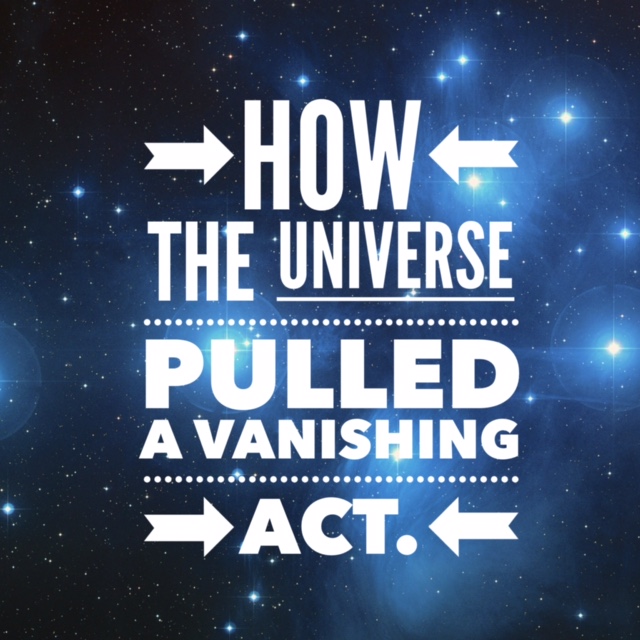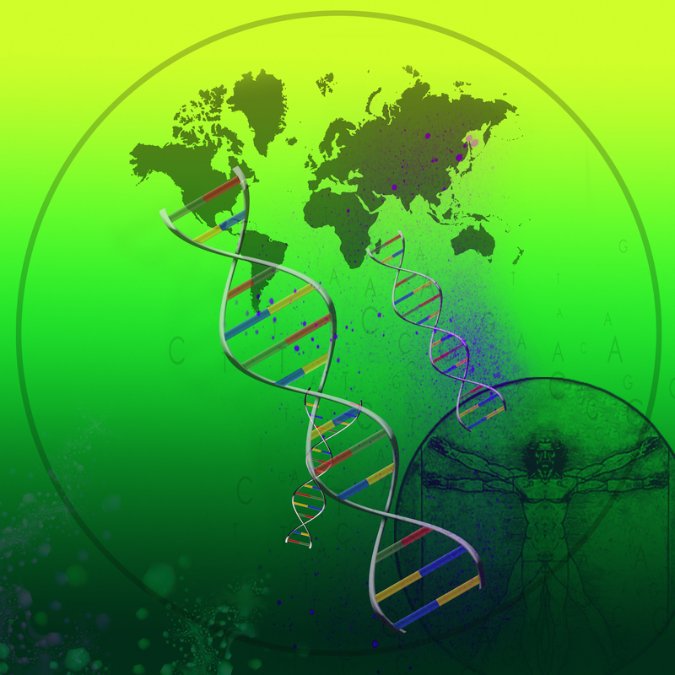By Deepak Chopra, MD
Last week the new Twitter account @POTUS of President Obama became a lightning rod for the worst in social media behavior. Within minutes of its setup, as reported in the New York Times, the account was flooded with vitriolic racist tweet s, complete with hideous images, including one of Mr. Obama with his neck in a noose. Many troubling issues arise from this shameful behavior, but at the center is shame itself.
s, complete with hideous images, including one of Mr. Obama with his neck in a noose. Many troubling issues arise from this shameful behavior, but at the center is shame itself.
Behavior on the Internet, Twitter, and other social media outlets has become shameless, and at the same time, these outlets are being used to publicly shame people, especially innocent high school students being electronically bullied by cruel classmates. Shameless behavior has no consequences, and social media and the Internet afford easy anonymity. Put these two elements together, and you’ve got the perfect recipe for anti-social trends that keep building and building.




